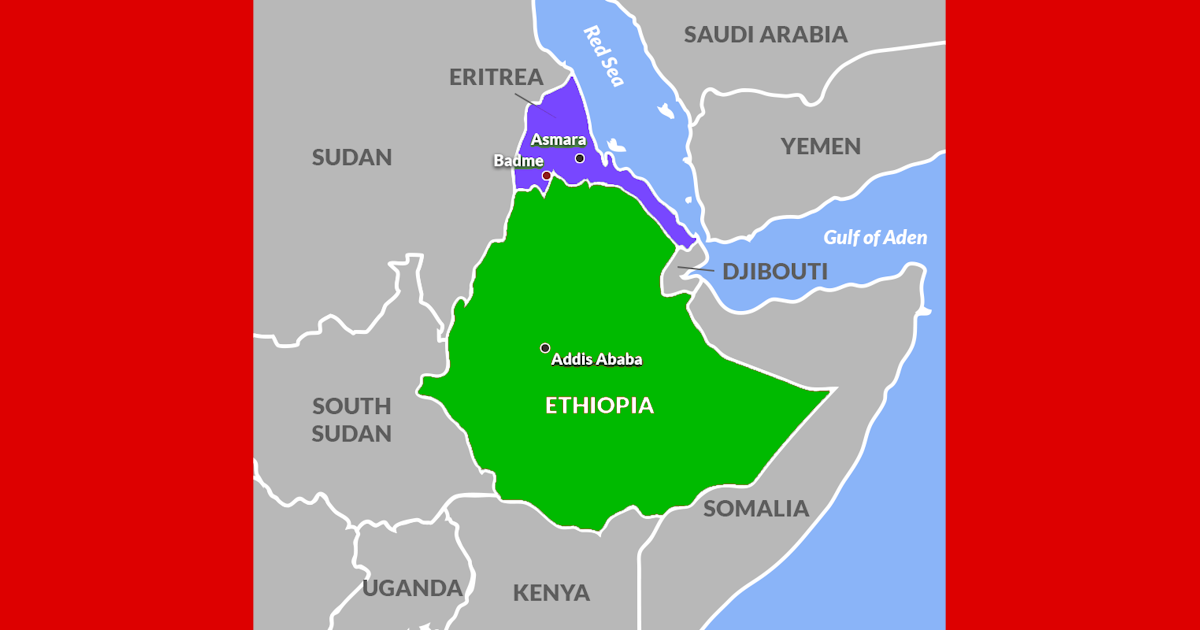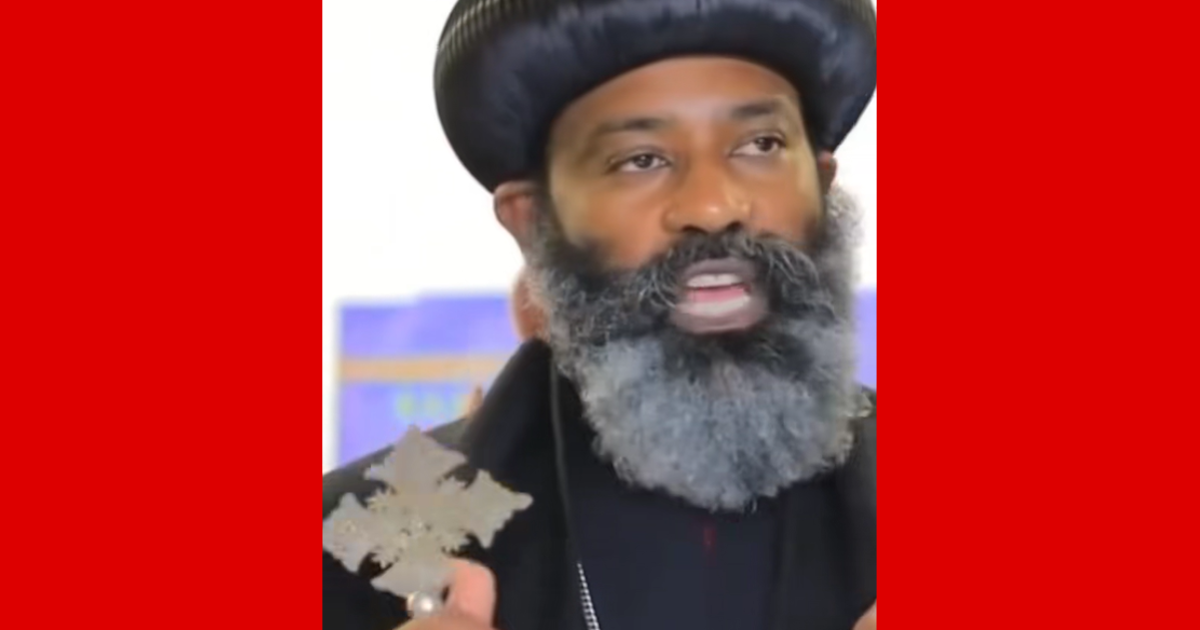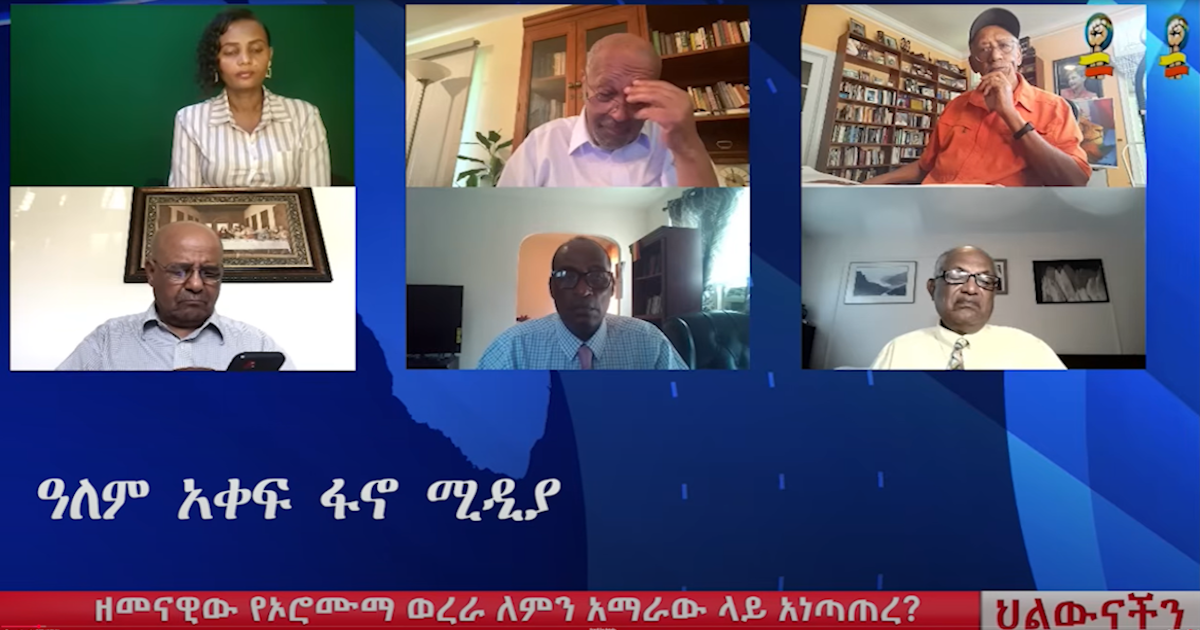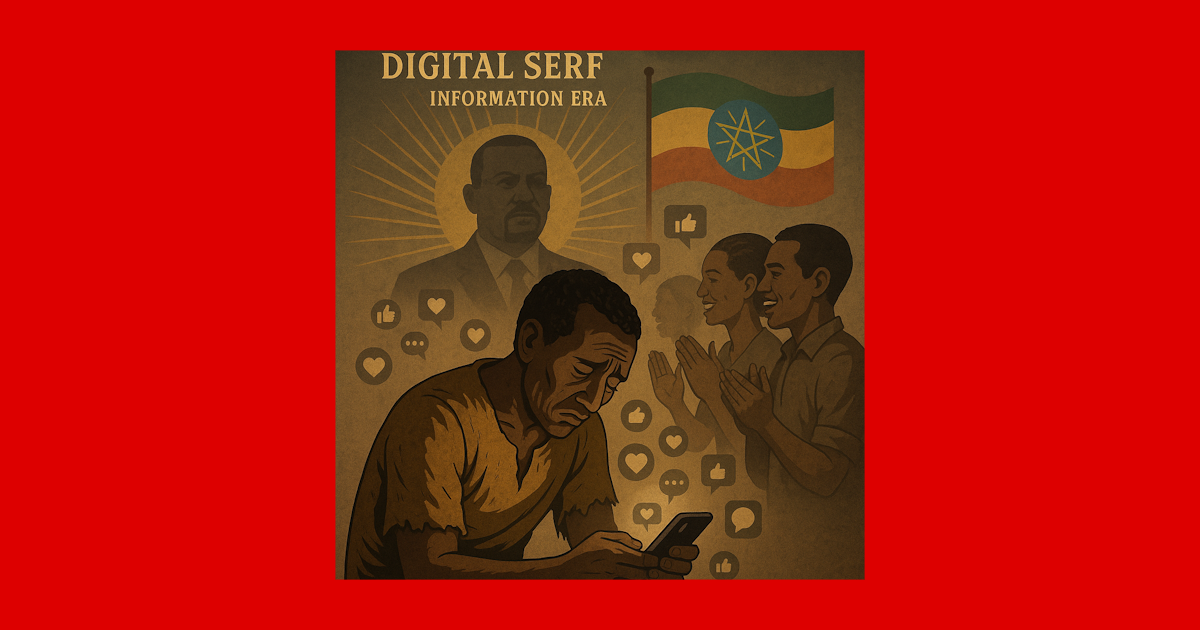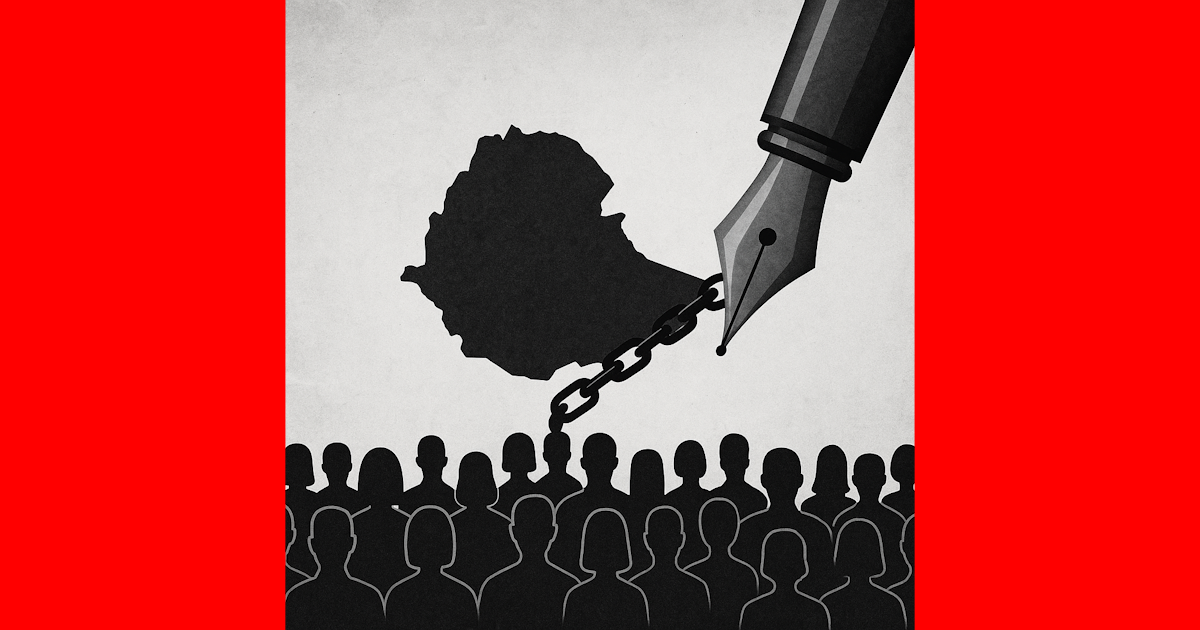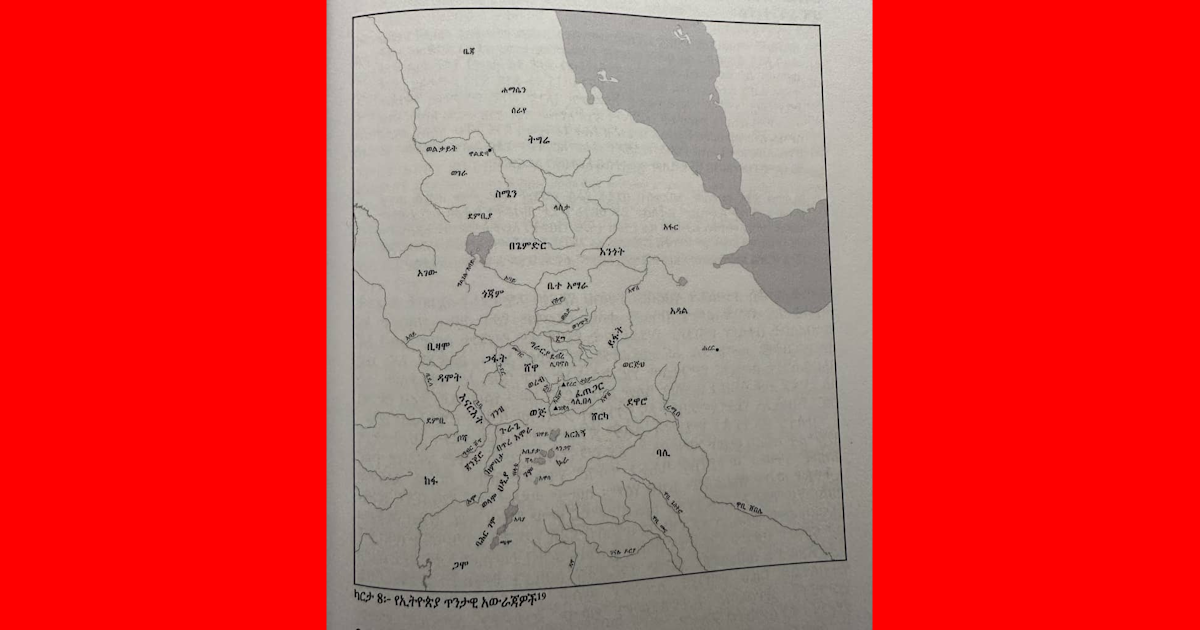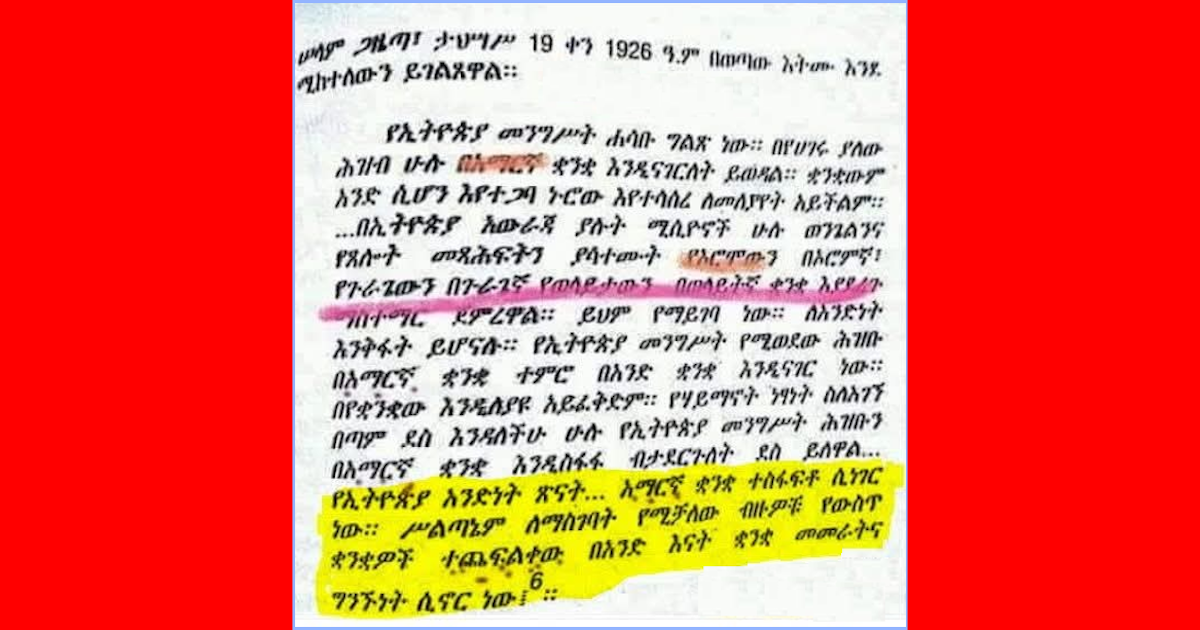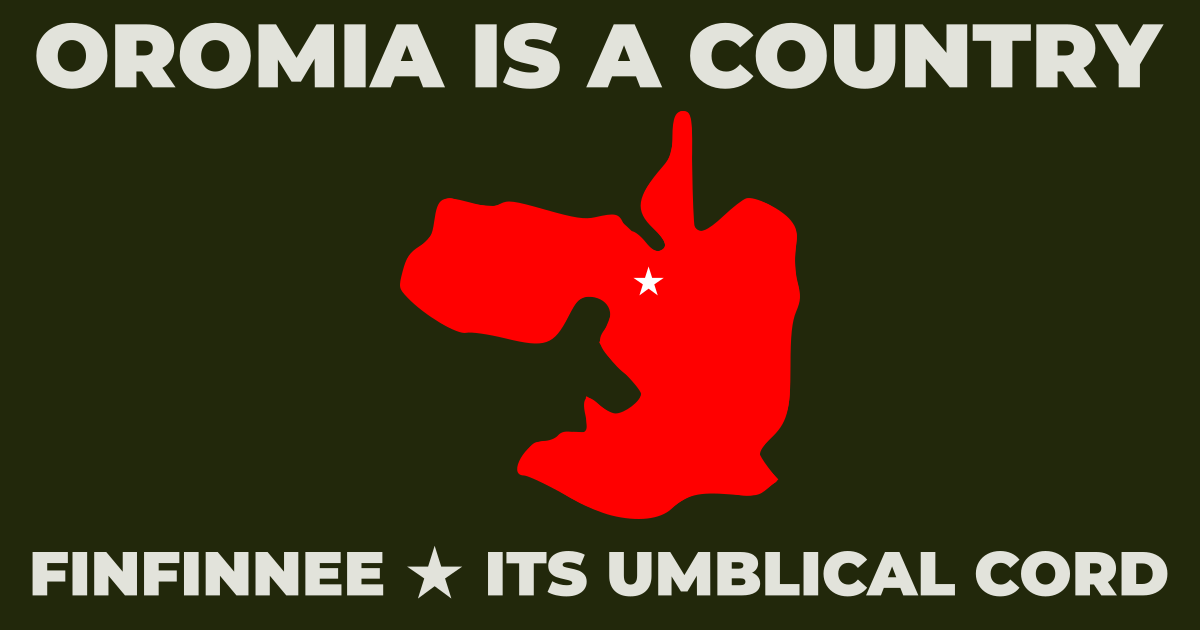Eritrea and Ethiopia: Regret, Rivalry, and the Search for a Permanent Settlement
The troubled relationship between Eritrea and Ethiopia has remained unresolved since independence in 1993. This essay explores whether Eritrea secretly regrets its separation, how President Afwerki’s fixation on Ethiopian politics reflects deeper insecurities, and what the future holds. Is this a conflict frozen in time—or a struggle over imperial legacy and regional power?

